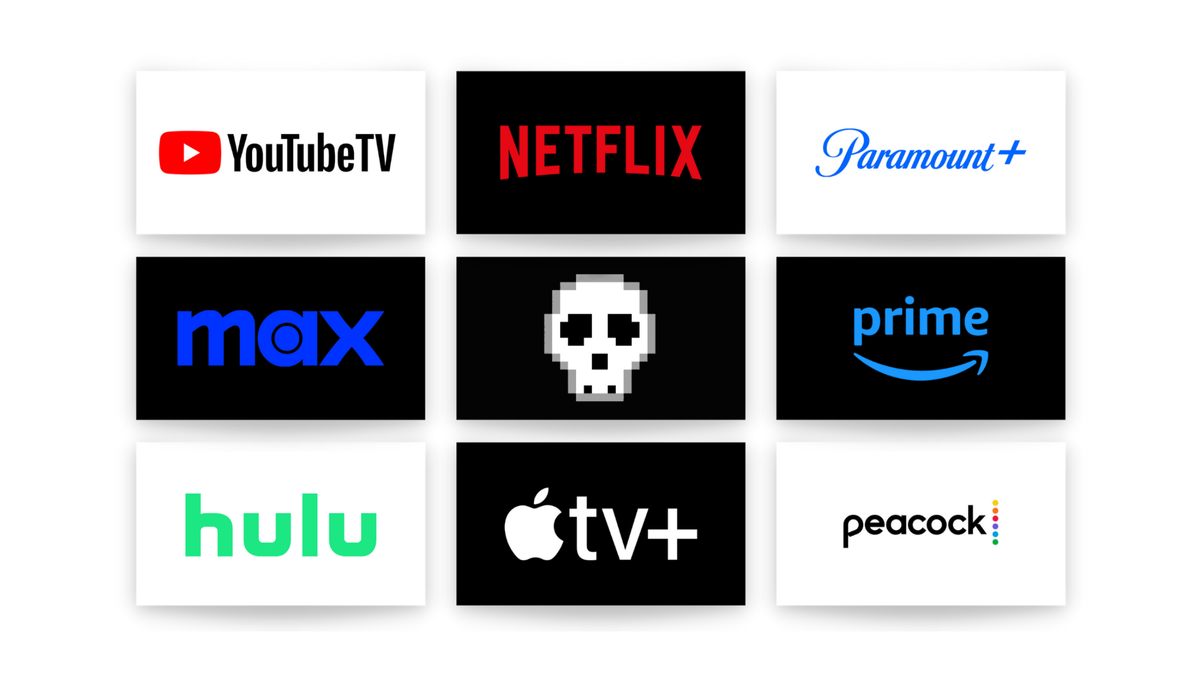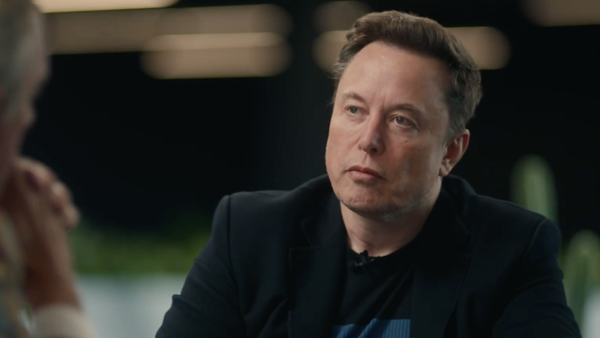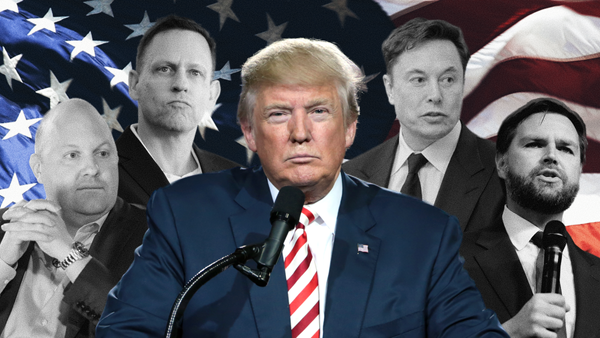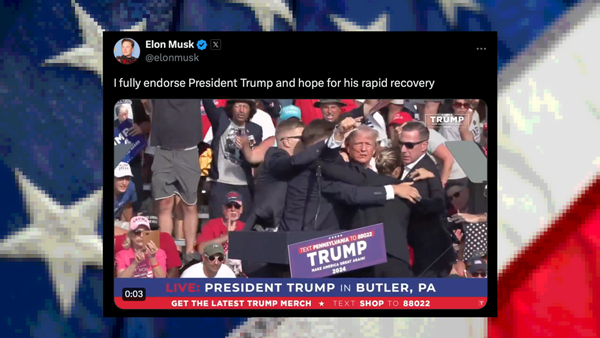Hollywood is reviving its war on piracy
As the streaming deal gets worse, people are going back to piracy. The industry wants to stop them.

When Napster was released in 1999, it marked a new era of sharing of digital files — copyrighted or not. The application may have been targeted at music sharing, but it wasn’t long until that spread to other forms of digital media too, causing the entertainment industry to recognize it as a major threat to their business. Napster itself lasted little more than two years, but its success spurred countless imitators, and even though the threat of legal consequences seemed to hover over the heads of anyone using them, that didn’t constrain their popularity.
Industry lobby groups were quick to get lawmakers on side to regulate the sharing of copyrighted works and legal action followed to shut down file-sharing sites, force companies like YouTube to restrict the free sharing of copyrighted material, and even occasionally target a consumer to set an example for everyone else. That didn’t stop file sharing because nothing ever will, but eventually the industry found there were things they could do to entice consumers to spend their money instead of trying to punish them into doing so.
The iTunes Store, launched in 2003, was a response to the threat of piracy. It made it easy and affordable for people to buy MP3 files — and millions of people did. Apple later added movies and TV shows. Within a few years, streaming services also began to emerge with another offer: instead of buying everything individually, consumers could pay what was then a reasonable monthly fee for access to large libraries of content. Spotify and Prime Video first emerged in 2006, with Hulu and Netflix following in 2007. Many more have launched as streaming picked up steam in the 2010s, and it’s pretty clear the model helped convince millions of customers to let their file-sharing services lie dormant — at least until recently.
The streaming model has been undergone a series of rapid changes over the past couple years that has made it far less appealing to consumers, who are cutting back on their subscriptions, if not ditching them altogether. As a result, many people are pirating more than they have in years, if not learning how to do it all over again. Determined to improve their balance sheets, the industry is having its lobbyists gear up for another piracy battle to target the sites that enable the sharing of copyrighted works.





